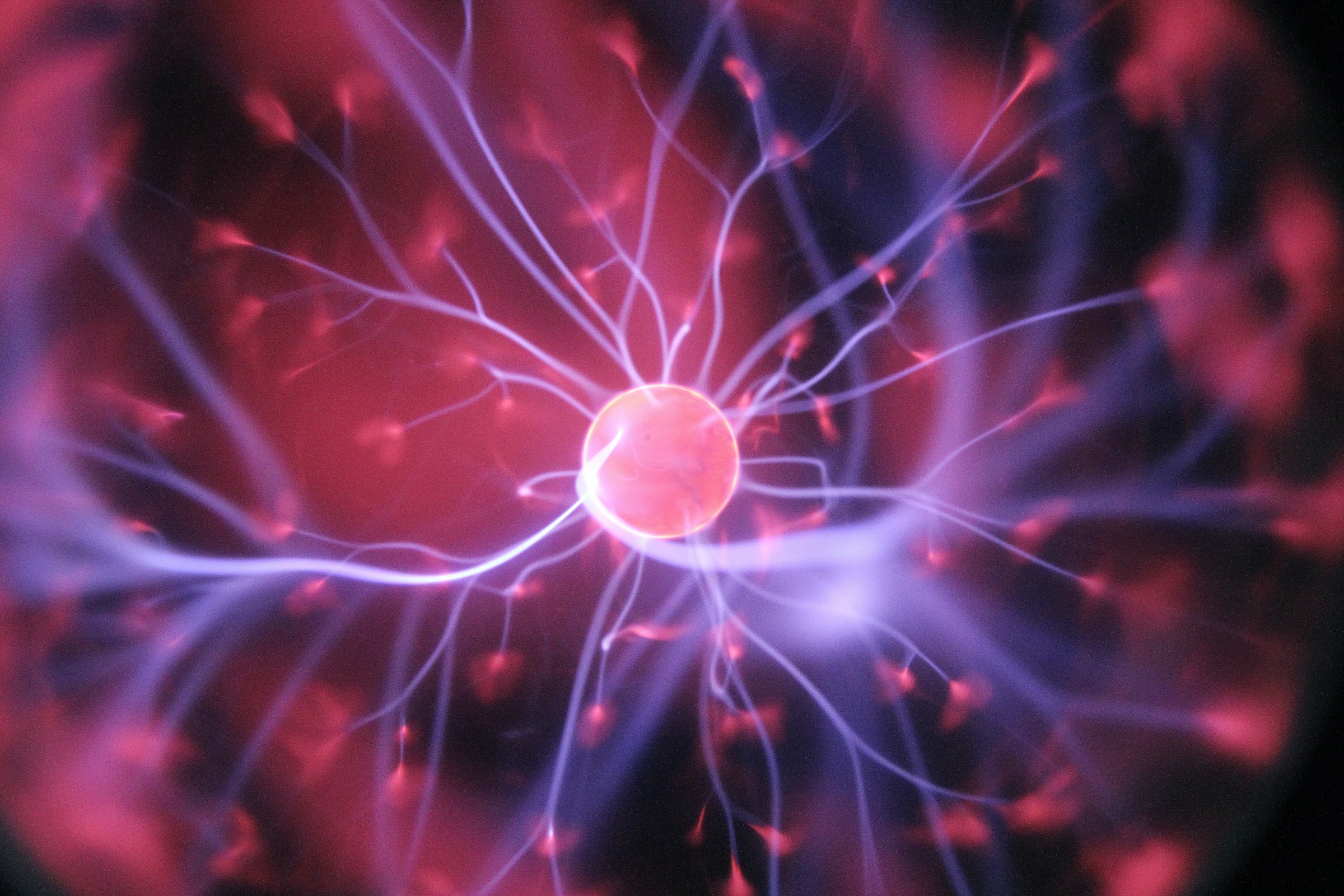Health issues such as Alzheimer’s, Parkinson’s, depression, anxiety, autism, and even posttraumatic stress disorder (PTSD) can be emotionally distressing not only for those affected, but also for their loved ones.
The brain is the most complex part of the human body, and we are just now learning the role nutrition plays in the proper functioning of this complex organ.
Even for those who don’t have a defined or diagnosed neurotransmitter disease or disorder, it is still vital to take care of the body through proper nutrition, including getting enough amino acids to support optimal brain function.
Which amino acids improve brain health?
Branch chain amino acids (BCAAs)
Branch chain amino acids are a group of three essential amino acids: leucine, isoleucine and valine. They are necessary for optimal brain and muscle health.
BCAAs utilize the body’s own natural energy stores, and the intake of these nutrients fuels muscles and improves mood while also preventing fatigue, injury, and inflammation.
Many people take them pre- and post-workout; they are the main reason many bodybuilders use whey protein as it contains naturally occurring BCAAs.
How do BCAAs assist with brain health?
BCAAs aid in the production of our natural neurotransmitter known as GABA, which acts as a calming mechanism and can help prevent anxiety, insomnia and even depression.
They also act as precursors to the production of feel-good neurotransmitters known as L-tryptophan, tyrosine and phenylalanine, which are also amino acids.
Depression, anxiety, low energy, inflammation, muscle fatigue, and even weight gain can occur when the body’s stores of these amino acids are depleted. This is one reason BCAAs are taken pre- and post-workout by those looking to increase their fitness performance.
BCAAs are different than stimulants because they contribute to the production of feel-good neurotransmitters gradually and naturally.
BCAAs may be worth looking into if you suffer from depression, a low sex drive, low thyroid function, and even fluctuations in blood sugar levels.
Since amino acids stabilize blood sugar naturally, BCAAs can be especially helpful in preventing hunger and poor mood related to low blood sugar.
Acetyl L-carnitine
Acetyl L-carnitine is another important amino acid for cognitive function, and even for overall metabolism. It converts fats in the body for fuel and can support ketosis, where the body uses its own fat stores for brain function.
Acetyl L-carnitine also prevents the breakdown of muscle, fatigue, inflammation, and even low thyroid function.
How does acetyl L-carnitine assist with brain health?
When the body uses its own fat for brain fuel, energy is improved and a decrease in fatigue and brain fog can result. Furthermore, the ability of acetyl L-carnitine to break through the blood-brain barrier has been shown to improve Alzheimer’s disease.
You may have heard of the amino acid L-carnitine, and you may be wondering what the difference is.
Acetyl L-carnitine is derived from L-carnitine. However, acetyl L-carnitine is more easily absorbed in the body and therefore better supports metabolism, fitness and mood.
Acetyl L-carnitine has even been shown to remove toxins that interfere with mitochondria and healthy brain function.
L-glutamine
This amino acid can improve a multitude of health issues, including leaky gut syndrome, poor focus, anxiety, depression, low blood sugar and even binge-eating.
How, you ask? L-glutamine acts as a healer and balancer in the body.
How does L-glutamine assist with brain health?
L-glutamine reduces inflammation in the digestive tract, balances blood sugar levels, and improves the uptake of serotonin and dopamine (which are often very low in those with binge-eating and mood-related eating disorders).
L-glutamine also stimulates the production of neurotransmitters that assist with brain function and focus.
L-glutamine has even been studied for its benefits in the treatment of cancer due to the way it nourishes the body and assists with nutrient uptake in those receiving chemotherapy.
Tryptophan
Tryptophan is an essential amino acid needed for healthy growth and development. It is also one of the greatest amino acids for emotional health.
This is because it is necessary for the production of a key compound in the body called serotonin.
How does tryptophan assist with brain health?
Tryptophan acts as a natural sedative and positive mood enhancer. It is a biochemical precursor in the production of serotonin in the brain.
Serotonin is one of the body’s natural antidepressants. Tryptophan even lowers obsessive thinking, which is often related to eating disorders, anxiety and depression.
Sources of amino acids
These amino acids are mostly found in animal products, including red meat, chicken, and especially dairy. If you choose to eat animal products, always choose grass-fed, and organic.
Opt for fermented dairy that is grass-fed and organic, such as yogurt and kefir in place of milk.
You can also find these amino acids in a supplement form, which may be beneficial to vegans and vegetarians.
Choose a brand that is GMP-certified to ensure you’re taking only the highest quality supplements. Though plants do contain some amino acids, they do not contain these specific amino acids in high enough amounts to gain the benefits listed here.
For an overall healthy brain, organic, whole foods are the first place to start. Fill your daily diet with leafy greens, vegetables, healthy fats, clean sources of protein, fresh fruit and gluten-free whole grains, and you’ll be well on your way.
If you’re looking to make further improvements, be sure to take advantage of these amino acids through either whole foods or trusted sources of supplementation.


